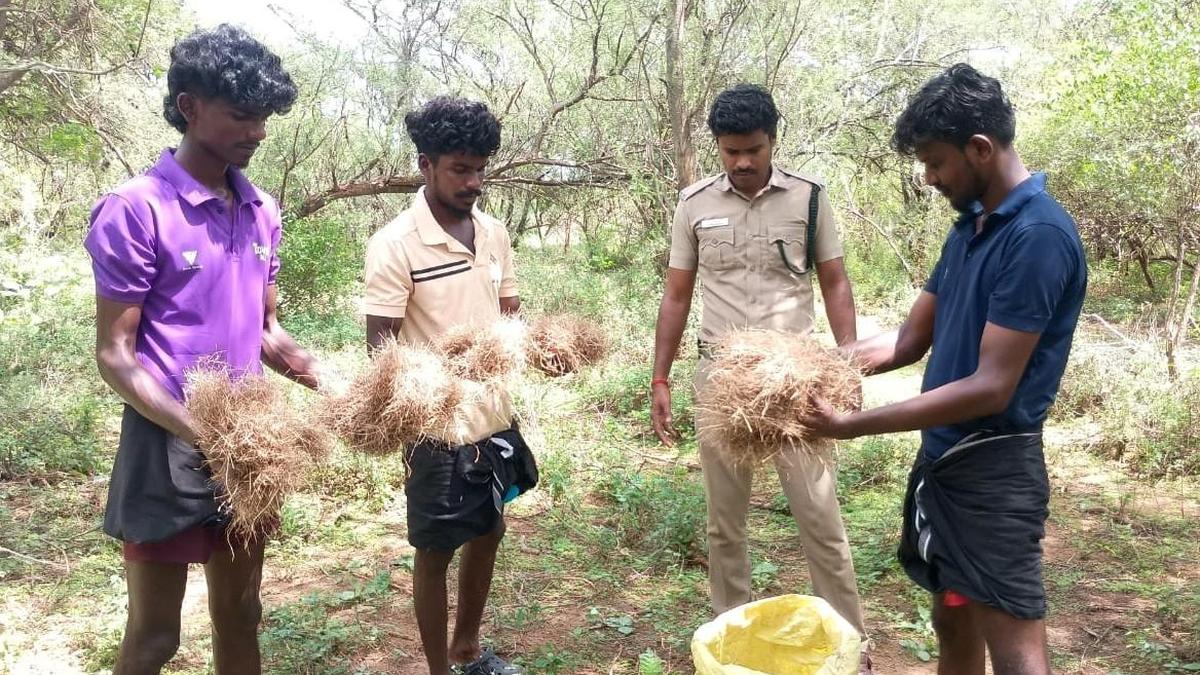Home / Environment / Tenkasi Forest Division Spearheads Habitat Restoration to Reduce Human-Elephant Conflict
Tenkasi Forest Division Spearheads Habitat Restoration to Reduce Human-Elephant Conflict
4 Nov
Summary
- Tenkasi Forest Division's multi-pronged strategy to address human-elephant conflict
- Initiatives include native seed collection, large-scale reforestation, and planting of indigenous elephant-preferred food sources
- Efforts aim to restore natural elephant habitats and reduce their reliance on human settlements

As of November 4th, 2025, the Tenkasi District Forest Division has been actively addressing the growing human-elephant conflict in its jurisdiction. The division's strategy focuses on sustainable forest management, habitat restoration, and community engagement to promote harmonious coexistence between humans and wildlife.
The key activities undertaken by the department include native seed collection, large-scale reforestation, and the planting of indigenous elephant-preferred food sources. These comprehensive initiatives are projected to yield several positive outcomes, such as reduced human-elephant conflict by minimizing elephant forays into human settlements, enhanced biodiversity and ecosystem services through the removal of invasive species and planting of native flora, and the conservation of endangered species by strengthening their core habitats.
Moreover, the Tenkasi Forest Division has also responded to the challenge by creating waterholes at vantage points within the forest to quench the wildlife's thirst, as well as adopting sustainable and scientific initiatives aimed at restoring natural elephant habitats and reducing their reliance on human settlements for food.




